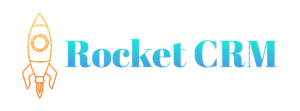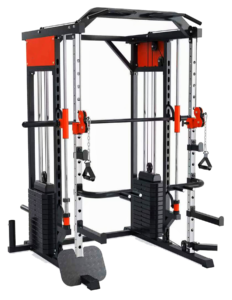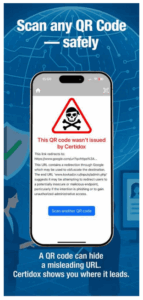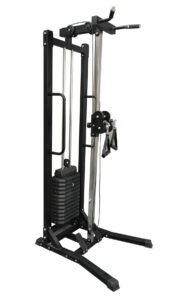Rocket CRM, a U.S.-based provider of customer relationship management software, has officially launched its enhanced CRM automation system, aimed at helping businesses improve how they track leads, manage contacts, and execute repetitive operational workflows. Designed for small to mid-sized businesses that require practical tools to manage client relationships and internal processes efficiently, the system introduces an expanded suite of automation features developed to support scaling businesses without increasing administrative burdens.
The latest release from Rocket CRM includes updates to its core automation engine, which is now equipped to perform a broader range of tasks without manual input. These include automated lead capture, pipeline progression, task assignment, email sequencing, follow-up reminders, and contact record updates—all triggered based on user-defined logic. These features allow organizations to reduce the time spent on data entry and customer tracking, while maintaining accuracy and improving follow-through.
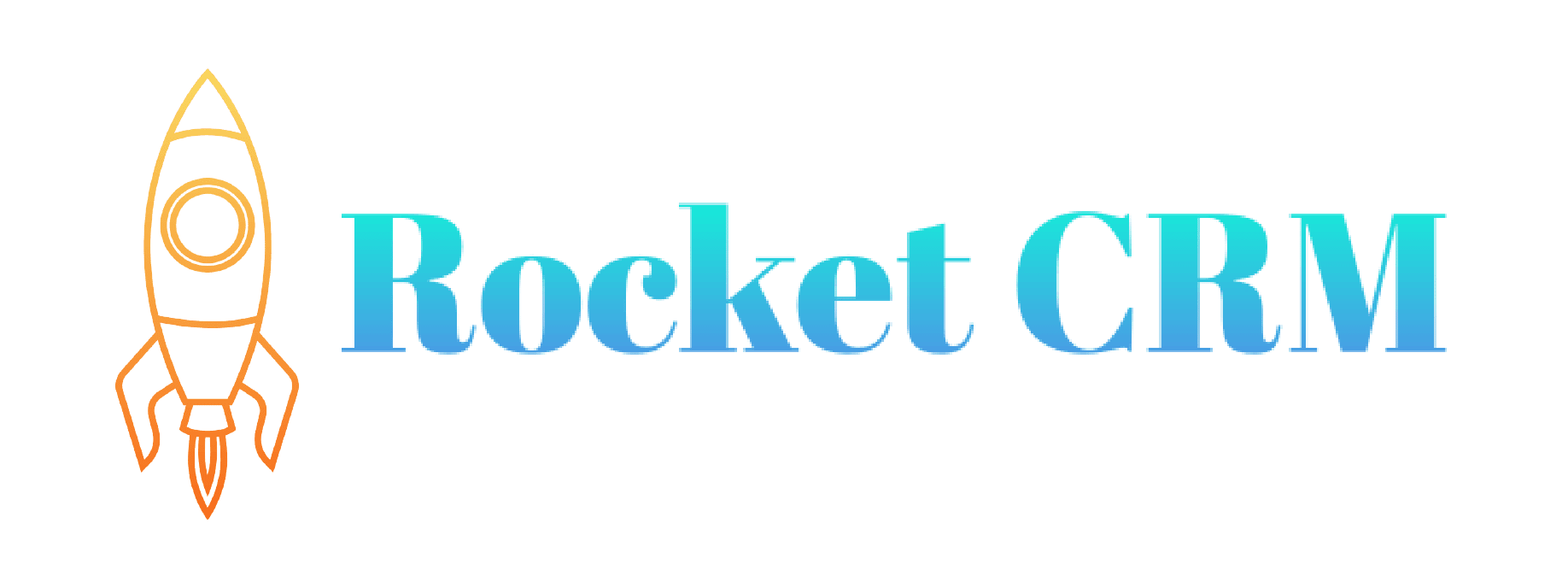
Rocket CRM’s development team emphasizes usability as a critical factor in system design. The automation engine operates on a no-code/low-code logic builder, enabling non-technical users to create workflows tailored to their specific business processes. Businesses can establish rules such as “when a new lead form is submitted, assign the lead to a team member, send a confirmation email, and set a follow-up task within 48 hours,” without writing any code. This allows teams to deploy customized automations that mirror real-world sales and service procedures, minimizing the need for third-party integrations or complex scripts.
Another defining feature of the automation system is its flexibility across different use cases. Whether it is a sales team tracking inbound leads, a service team monitoring client requests, or an operations department managing internal communications, Rocket CRM supports a wide range of business functions through customizable modules. Workflows can be triggered by time-based conditions, customer actions, form submissions, or changes to record fields. For example, businesses can automate onboarding sequences when a deal is marked “won,” or initiate feedback requests after a support ticket is closed.
The CRM system also includes built-in email and SMS automation capabilities. Users can create campaigns that react to customer behavior—such as visiting a specific webpage, replying to a message, or not responding within a designated period. This form of conditional automation supports consistent engagement while avoiding over-communication or missed follow-ups. Businesses can define audiences based on tags, custom fields, or interaction history, and track open rates and response activity through integrated reporting dashboards.
Beyond communication, Rocket CRM automation extends to internal task management. Automated task creation and assignment ensures that workflows do not stall due to oversight or inconsistent manual processes. When a prospect moves from one pipeline stage to another, the system can automatically assign tasks to relevant team members, add due dates, and log activity updates. This centralized workflow helps reduce dependency on emails or spreadsheets and improves accountability across departments.
Integration with external systems is supported via API and native connectors. Rocket CRM’s automation features can communicate with tools like Google Calendar, Zapier, Stripe, and Mailchimp, allowing businesses to build end-to-end automation sequences across their tech stack. For businesses with unique infrastructure, webhooks and custom field mappings allow data to sync seamlessly between Rocket CRM and legacy systems.
Data security and user access controls have also been enhanced in the new automation module. Role-based access ensures that only authorized users can view or modify specific workflows, and audit logs track when and how automations are created or altered. This helps organizations maintain governance over their process automation strategies, especially when used in regulated industries or across distributed teams.
In terms of analytics, the system provides visibility into how automation impacts performance. Administrators can access workflow analytics to monitor conversion rates, time-to-contact, and user engagement. These metrics allow teams to adjust sequences based on actual performance, helping fine-tune campaign timing, channel preferences, and customer touchpoints. Rocket CRM includes visual pipeline views and real-time reporting tools to ensure transparency at both the individual and team levels.
The CRM automation system is also mobile-optimized, allowing users to access key features, respond to tasks, and monitor pipeline progress from their smartphones or tablets. This flexibility is especially valuable for sales teams in the field, service technicians, and remote staff who require real-time information without being tied to a desktop environment.
Rocket CRM’s automation system was developed following a series of interviews with customers and usability tests across multiple industries, including real estate, professional services, eCommerce, and insurance. Common feedback pointed to the need for reliable automation that does not overcomplicate the user experience. Based on these insights, the platform was engineered to offer core automations with intuitive configuration, reducing time to deployment and improving day-to-day productivity.
The company has also rolled out a library of pre-built automation templates to help new users get started. These templates include common use cases such as lead assignment, appointment reminders, customer re-engagement campaigns, and client onboarding sequences. Each template can be modified to suit the specific needs of a business, accelerating the implementation phase while preserving customization flexibility.
In support of the launch, Rocket CRM is providing onboarding assistance, including personalized setup sessions, educational webinars, and documentation designed to help users map and build their first automation workflows. A dedicated support team is available to assist with technical questions, integration guidance, and troubleshooting.
The launch of this enhanced automation system comes at a time when businesses are increasingly investing in software that allows them to operate more efficiently, particularly in environments with limited staff or fast-moving customer demands. By embedding automation directly into the CRM experience, Rocket CRM aims to reduce friction, eliminate repetitive tasks, and improve overall responsiveness.
Rocket CRM’s roadmap includes further enhancements to the automation feature set, including AI-assisted workflow suggestions, dynamic content personalization, and tighter integration with third-party sales tools. These features are currently in development and expected to roll out in phases over the coming quarters.
For more information about Rocket CRM and its automation system, or to schedule a live demonstration, interested parties may visit https://pressadvantage.com/story/79734-rocket-crm-unveils-enhanced-crm-automation-system-to-streamline-customer-management-and-sales-operat/



